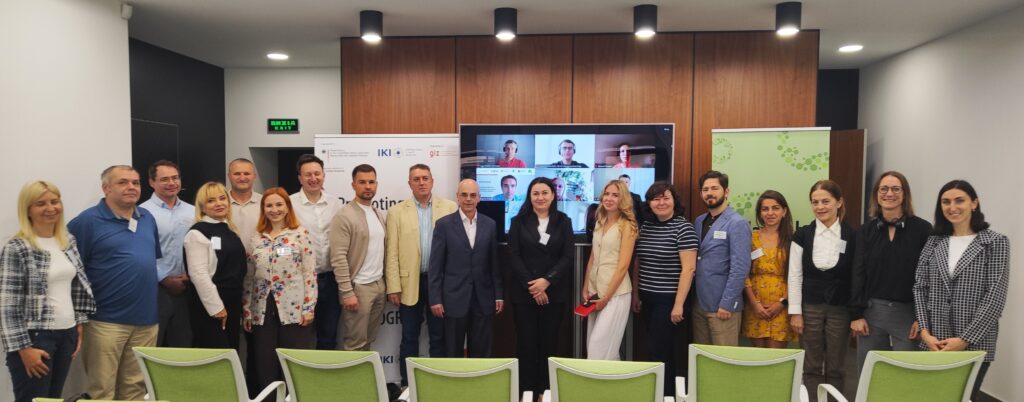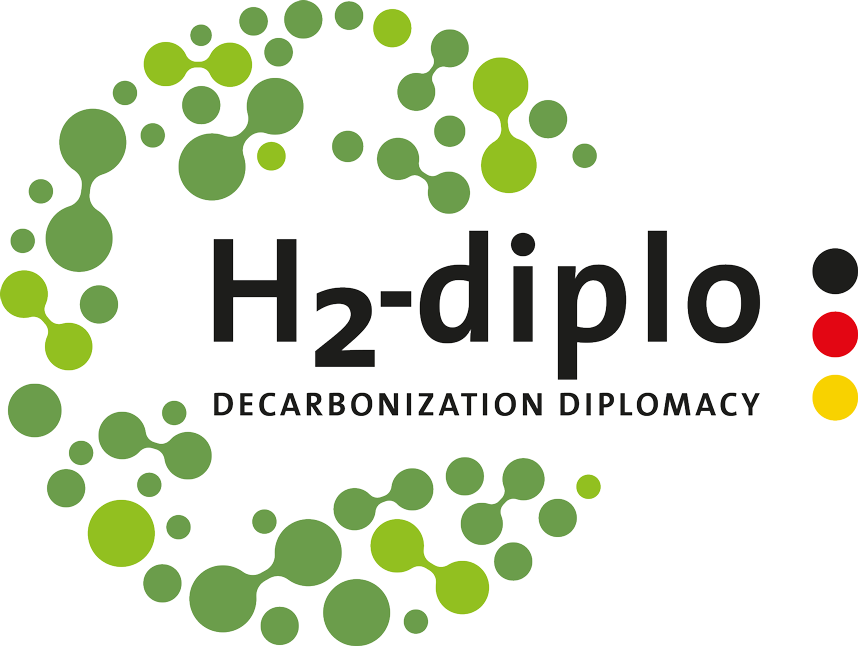Amid the devastation of Russia’s war aggression, Ukraine is pressing ahead with an ambitious transformation. The country is not only striving to break free from fossil fuels but is also aligning itself with the EU’s renewable energy framework — steps seen as crucial to its long-term accession prospects. At the same time, Ukraine is working on country economic recovery, with agriculture at the heart of its strategy, to strengthen food security and to secure vital export revenues.
New pathways on the horizon
Despite the war, the green transition is increasingly viewed as an opportunity. The nation’s renewable energy potential could not only meet domestic electricity demand but also fuel new industries. Among the most promising avenues is green hydrogen — produced by using newable energy to split water and its derivatives. One in particular, Green Ammonia, holds special significance: as a key ingredient in nitrogen-based fertilizers, it could become a cornerstone of a sustainable agro-sector. Recent studies have pointed to Ukraine’s potential in Green Ammonia and E‑fertilizer production, even though the traditional industries remain heavily disrupted by war.
GIZ projects H2-diplo Ukraine and PROGRESS, both funded through the International Climate Initiative (IKI), have teamed up to explore what a green value chain could look like. Together with political partners, scientists and civil society representatives, they facilitate a debate to develop the discourse further, focussing on economics and financing, technical feasibility, sustainability, and strategic marketing questions.
Capacity building as a door opener for debate
The scope of the cooperation includes capacity-building, technical analyses, stakeholder dialogues, study trips and pilot project guidance. On 27th August 2025, in cooperation with the International PtX Hub, the H2-diplo Ukraine and PROGRESS projects organized a one-day hybrid training that drew more than 30 participants from government, business associations, academia and international partners. The workshop combined sector deep-dives with case studies, before opening into a lively discussion of Ukraine’s options. The takeaway was strikingly consistent: obstacles remain, but the combination of technical expertise, renewable potential, agricultural strength and the determination to “build back better” gives Ukraine a solid platform for progress.
What comes next?
Next steps are already underway. A new study examining Ukraine’s specific potential for Green Ammonia and E‑fertilizer is set to launch a broader dialogue on political and economic pathways. Advisory services on green financing and targeted capacity-building measures for specific stakeholder groups are also in preparation — evidence that, even in the shadow of war, Ukraine’s green future is being actively shaped.
H2-diplo – Decarbonization Diplomacy is a global programme, commissioned by German Federal Foreign Office and implemented by GIZ.
The regional project “Promoting Green Deal Readiness in the Eastern Partnership Countries” (PROGRESS), funded by the Federal Ministry for the Environment, Climate Action, Nature Conservation and Nuclear Safety of Germany (BMUKN) and implemented in Ukraine by a consortium of organizations, including the Deutsche Gesellschaft für Internationale Zusammenarbeit (GIZ), the Organisation for Economic Co-operation and Development (OECD), and the Institute for Economics and Forecasting of the National Academy of Sciences of Ukraine.


